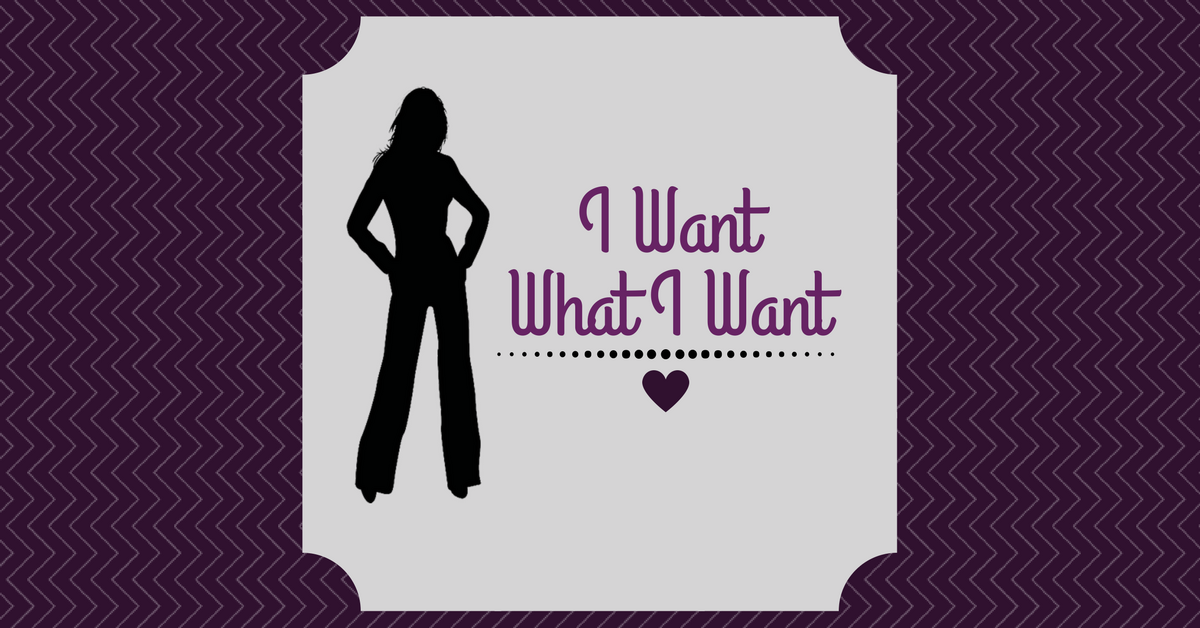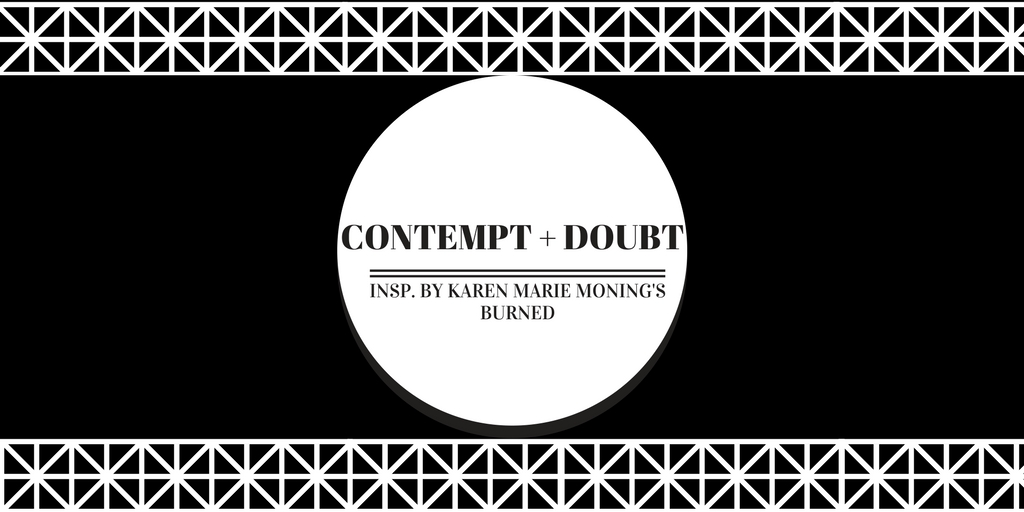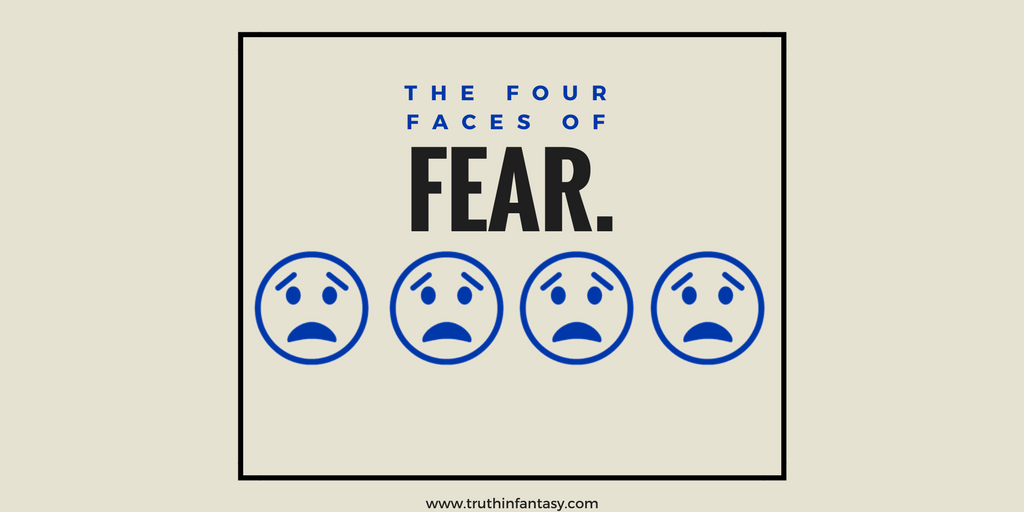I'm reading the eighth book in the Iron Druid series, Staked, here in beautiful Costa Rica. I love this Kevin Hearne series, especially the premise of the last living Druid, Atticus O'Sullivan, who draws his powers from the earth and uses organic bindings to effect magic. He is mostly protected from others' magic by his cold iron amulet, bound to his aura—the Fae hate iron. It's such an original premise and the characters are so well drawn, that I wish Mr. Hearne published more than one novel a year. Thankfully, he gifts us with always-fun short stories in between novels. By this point in the series, there are two more Druids, Atticus' apprentice and girlfriend, Granuaile (which is such a great name—up there with Hermione) and his ArchDruid, Owen, who was trapped on an island where time stood still for 2000 years and is having some difficultly adjusting to modern life, for which he blames Atticus. This latest book is written from several perspectives, including those of Atticus, Granuaile and Owen, and when the point of view shifts toward Owen, it's a hoot. In one scene, Owen is having a particular fine day—he is gifted with a magical weapon, the anticipation of being able to train a group of apprentices and the promise of some afternoon delight from his ladylove. Life is good for Owen and he remarks to himself that, "It's more bounty than I could reasonably expect—more than I ever enjoyed in me old life. I really owe [Atticus] for days like this, damn his eyes." What a wonderful thought—even with cursing the one who provided such abundance. It got me to thinking about bounty and what we expect from life. Here in Costa Rica, I've been enjoying the magnificent meter of the crashing of waves on the shore, the intense colors of the early morning and late afternoon skies, the healing capacity of rest and surcease from responsibility. The power of nature and beauty to encourage insight and harmony, the pursuit of which I often find to be beyond me in my quotidian life, is bliss. And I must agree with Owen—that this is more bounty than I could reasonably expect. Not everyone gets this quality or quantity of abundance. And while some of it is most certainly a function circumstantial luck over which I had no control, including the accident of my birth to affluent parents who provided me with many opportunities, some of my current bounty is the result of choices I've made to be grateful, mindful and purposeful. I've chosen to see the glass half full in many instances, and, as a result, my life is full as well—meaningful, powerful, insightful, thoughtful, and fulfilling. In fact, my cup runneth over. Cultivating these qualities is the work of a lifetime in pursuit of living an awakened existence. Turning on our autopilot and jumping through other people's expectations is an easier, softer way, of course. But it often results in a empty glass and an empty life.
These contemplations beg the question of what makes life worth living and what constitutes a life well lived. In a different scene in one of the Iron Druid short stories, Atticus remarks that it is all the little pleasures of life that make his long, long existence worthwhile. He loves spending time in nature with his loving—and talking—hound, Oberon (one of the great fictional human/animal relationships of all time), and he loves the many conveniences of modern life—especially toilet paper—which makes sense if you've lived without it for millennia.
If we are able to appreciate the little things, which are really the big things, life is sweet and overflowing with bounty at every turn. More bounty than we could reasonably expect. And what do we expect? I'm not sure about you, so I'll speak for myself, but I've found that my happiness and perceptions of abundance are in direct inverse proportion to my expectations. When I expect, I tend to be disappointed. But when I can be surprised by the plenitude in my life and take my prosperity where I find it, I can thrive behind my wildest dreams.
It can be hard for me to put aside the perceived burdens of my life to the joy residing just outside the circle of my demands. I want, I want, I want... as I've written about before and it doesn't much matter—whatever I want that I don't have that supersedes my gratitude for what I do have—that is exactly what I will never get, or if I do, will never truly appreciate, so it won't make me happy in the end.
If ornery old Druids can learn new tricks and allow the sunlight of the spirit to shine down upon them, then so can all of us. We can be in the moment and find bounty of some sort or another – even if it’s only for a moment. In yoga, during challenging poses, my instructor will often exhort us to find a place in our bodies that doesn't hurt—the tip of a finger or a spot on our cheek, for example. She will tell us to turn our attention to the parts that feel fine, asking us to magnify our pleasure and breathe through our pain—not to ignore it, but to give more attention to that which does not hurt. It's good advice for learning the difficult art of appreciation. And for feeling that we have more bounty than we can reasonably expect. Enjoy.



















